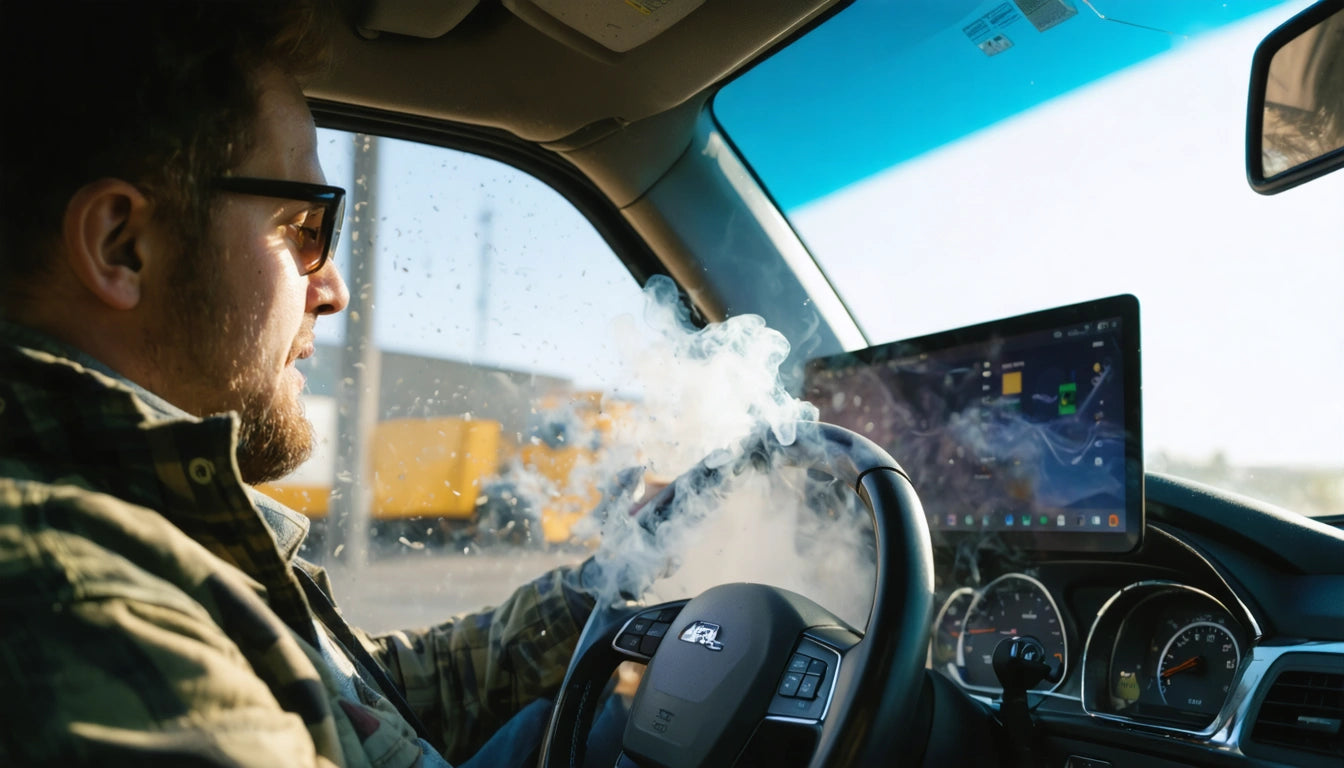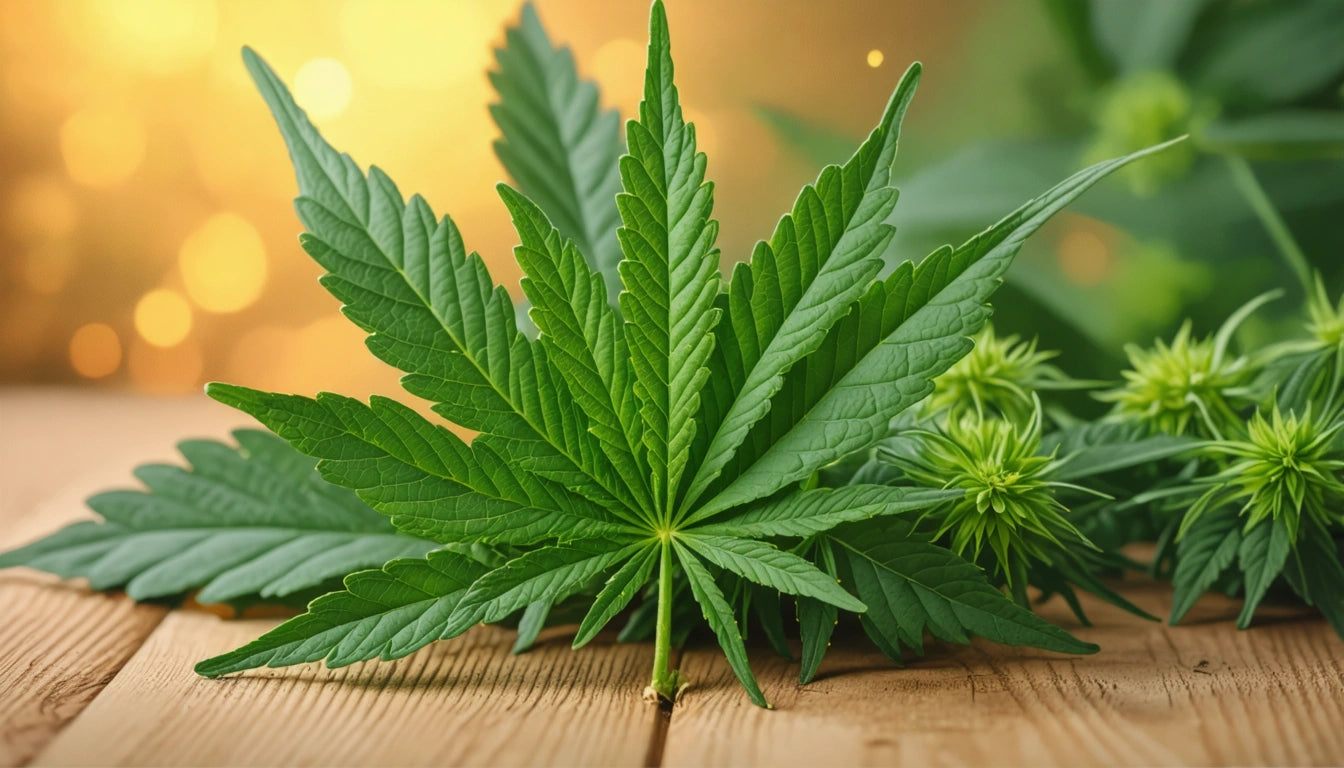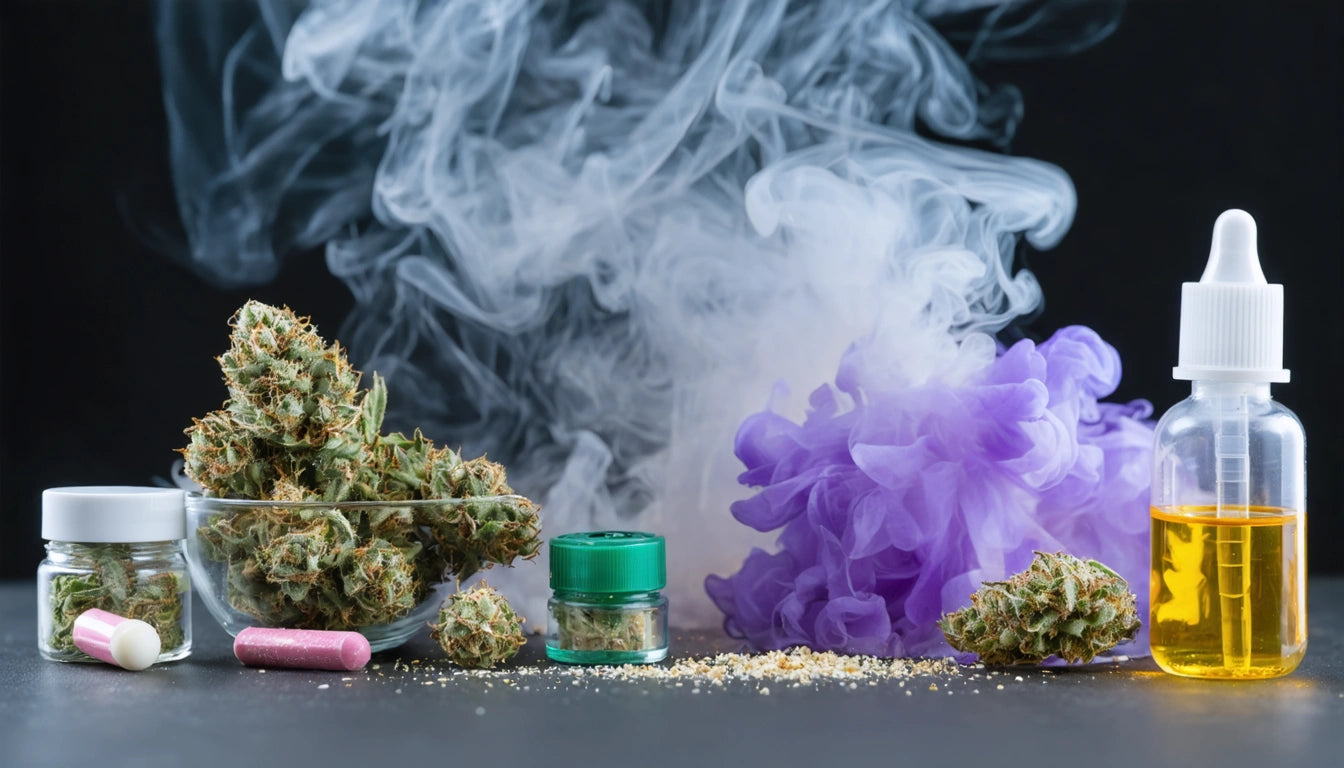Table of Contents
Can CDL Drivers Legally Use Marijuana?
Commercial Driver's License (CDL) holders face strict regulations regarding substance use, creating confusion in states where marijuana has been legalized. Many drivers wonder if they can smoke weed off duty or use medical marijuana while maintaining their commercial driving privileges. This guide clarifies the complex legal landscape surrounding cannabis use for CDL drivers.
Federal Regulations Governing CDL Drivers
The Department of Transportation (DOT) establishes and enforces drug testing regulations for safety-sensitive transportation employees, including all CDL holders. These federal regulations supersede state laws regarding marijuana legalization.
Under federal law, marijuana remains classified as a Schedule I controlled substance. The DOT explicitly prohibits the use of marijuana by CDL drivers, regardless of state laws or whether the use occurs on or off duty. This creates a clear answer to the question "can CDL drivers smoke weed off duty?" - federal regulations prohibit it entirely.
Drug testing requirements for CDL drivers are comprehensive and strictly enforced. Unlike some other professions where state laws might provide some flexibility, commercial driving falls under federal jurisdiction.
DOT Drug Testing Requirements
CDL holders are subject to rigorous drug testing protocols:
- Pre-employment screening
- Random testing throughout employment
- Post-accident testing
- Reasonable suspicion testing
- Return-to-duty testing
- Follow-up testing
These tests screen for marijuana metabolites that can remain detectable for weeks after use. This extended detection window means that even occasional recreational use in legal states poses significant professional risks. For drivers who transport products that require specific storage conditions, such as those who might use humidity control products for cannabis preservation in their personal lives, the same prohibitions apply to their professional driving careers.
Detection Windows and Testing Methods
The DOT primarily uses urinalysis for drug screening, which can detect THC metabolites for up to 30 days after use in frequent users. This extended detection window means that even infrequent use during time off can result in positive tests and serious career consequences.
Medical Marijuana and CDL Licenses
A common question is "can CDL drivers use medical marijuana?" The answer is definitively no under current federal regulations. The DOT has explicitly stated that Medical Review Officers will not verify a drug test as negative based on information that a physician recommended medical marijuana.
This creates a difficult situation for CDL holders with medical conditions that might benefit from cannabis treatment. Holding both a CDL and medical marijuana card simultaneously creates a legal contradiction. While possessing a medical marijuana card is legal under some state laws, using the medication would violate federal DOT regulations.
State Laws vs. Federal Regulations
The conflict between state and federal laws creates significant confusion. Even in states with recreational or medical marijuana programs, CDL holders remain subject to federal regulations that prohibit any use.
This differs from some other professions where cannabis use may be permitted in high-responsibility professions under certain state laws. For example, some states have begun to allow off-duty use for certain professionals, but these allowances do not extend to federally-regulated positions like commercial driving.
Legal Precedents and Court Rulings
Courts have consistently upheld the DOT's authority to prohibit marijuana use among CDL holders, even in states with legal cannabis programs. Several cases have established that state marijuana laws do not shield CDL drivers from the consequences of failing a federally mandated drug test.
Consequences of Marijuana Use for CDL Holders
The ramifications of testing positive for marijuana as a CDL holder are severe:
- Immediate removal from safety-sensitive functions
- Mandatory substance abuse evaluation
- Completion of prescribed treatment program
- Return-to-duty process with ongoing follow-up testing
- Potential loss of employment
- Recording in the Drug and Alcohol Clearinghouse
- Difficulty securing future employment in the industry
Unlike alcohol, which clears the system relatively quickly, marijuana metabolites can trigger positive tests long after impairment has subsided. This creates a situation where a driver who uses marijuana legally under state law during vacation could test positive weeks later, despite not being impaired while driving.
The question "can you smoke weed and have a CDL?" has serious implications beyond just compliance. A positive drug test can derail a driving career and have lasting financial consequences.
Navigating Career Options for Cannabis Users
CDL holders who wish to use cannabis, whether for medical or recreational purposes, face difficult choices. Some drivers in legal states have chosen to transition to non-DOT regulated driving positions or leave the transportation industry entirely to accommodate their cannabis use.
Unlike police officers in some jurisdictions who may have limited off-duty use options, CDL holders have no such provisions under current federal law. The strict regulations create a binary choice between cannabis use and a commercial driving career.
For those with medical conditions who might benefit from cannabis, consulting with healthcare providers about federally legal alternatives becomes essential. CBD products containing less than 0.3% THC are federally legal, but CDL holders should exercise extreme caution as some products may contain more THC than labeled, potentially triggering positive drug tests.
Understanding public marijuana smoking laws is also important for CDL holders, as they must be particularly vigilant about secondhand exposure in states where public consumption is permitted.
Until federal law changes, CDL drivers must choose between their commercial driving career and any form of marijuana use, regardless of state laws or medical necessity. This remains one of the clearest examples of the ongoing tension between state and federal cannabis regulations.











Leave a comment
All comments are moderated before being published.
This site is protected by hCaptcha and the hCaptcha Privacy Policy and Terms of Service apply.